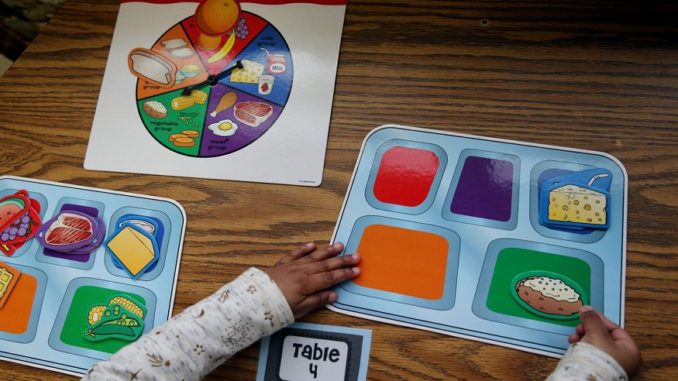
1,544 Views
Many people provide care for the elderly or ailing members in the family and don’t earn anything in return. Therefore, the question on how to get paid by the state for taking care of someone may be a common question many caregivers ask themselves. Fortunately, there are different ways on how to get paid by the state for taking care of someone, especially the elderly in your family. Take a look at a few of the programs that help you to get paid for being a caregiver.
- The NY State Medicaid CDPAP program: Consumer Directed Personal Assistance Program or CDPAP is a New York State Medicaid funded program which allows an individual to pick any caregiver, including a family member. However, the spouse cannot be a caregiver.
- Get paid as a caregiver with a Family Care Agreement: The answer for how to get paid by the state for taking care of someone is by creating a formal agreement. This agreement should be among family members stating that the person caring for the loved one would get compensation if they had to let go of their job to care for the elderly.
- Veteran Benefits or Cash and Counseling (VD-HCBS): If the person who needs care is a veteran, then the VA offers eligible veterans a variety of support and financial programs such as the Program of Comprehensive Assistance for Family Caregivers.
- Work from home: Working from home or freelance work is one of the best ways to earn cash for helping family. Being a remote worker will not pay you to care for a family. However, working from home would help you pay for bills, medicines and other necessities.
- Settling life insurance policy: Here is your answer on how to get paid by the state for taking care of someone. Settling life insurance policies is a good option for individuals over 65 years of age.
Few responsibilities of a family caregiver:
- Helping in household chores like washing, cooking, cleaning etc.
- Assistance with grocery shopping, feeding etc.
- Help in grooming and personal hygiene.
- Assistance in taking medication and doctor appointments.
- Assistance in managing finances.
- Emotional assistance regarding personal and health issues.
- Keeping the home safe and accessible.
- Ensuring diet and exercise keeps the person fit.
- Schedule in-home consultations.
- Make sure that the elderly get enough sleep.
- Always keep emergency contacts on the speed dial.
- Take care of the mental health of the elderly.
- Seek professional help whenever required.
- Plan ahead for an emergency fund or other expenses.
- Self-care is essential, as the caregiver should remain healthy.
How to receive compensation for caring for your family member:
- Check the eligibility for Medicaid’s Cash &Counseling Program.
- Opt for home and community-based services program.
- Find out if your loved one is eligible for veteran’s aid.
- Identify if your loved one has opted for a long-term care insurance policy that can provide caregiver compensation.
- Identify whether the company you work for offers paid leave for caregivers.

Leave a Reply
You must be logged in to post a comment.